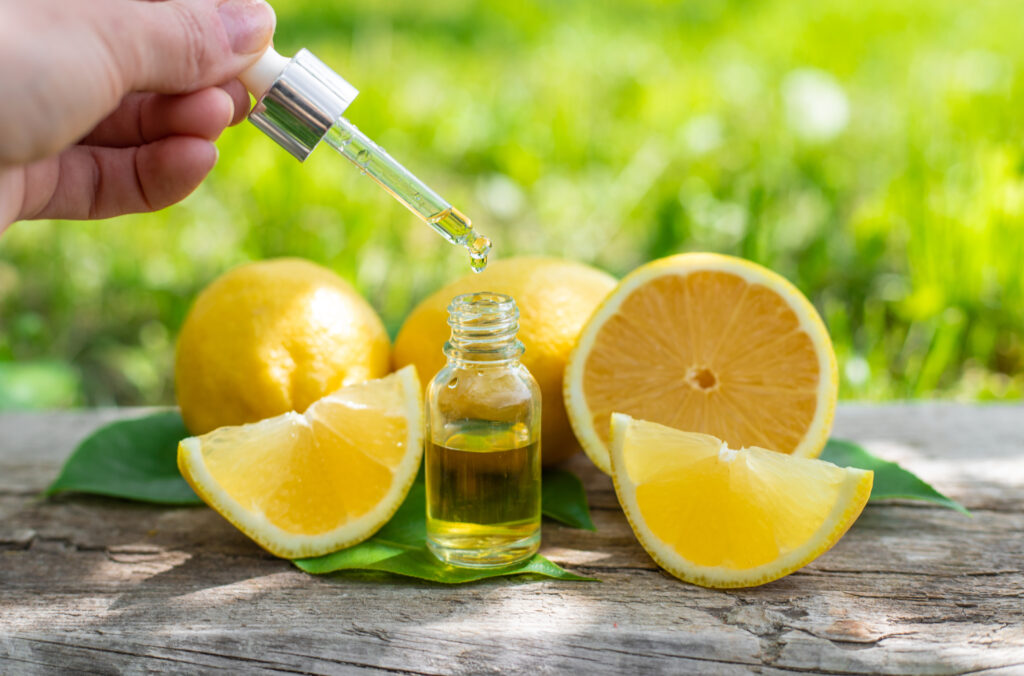Introduction: The Demand for Green Solvents
Environmental concerns and stricter regulations on traditional chemicals such as acetone, hexane, and toluene are fueling a shift to renewable bio-based solvents like d-limonene. Its unique chemistry, sourced from citrus waste, makes it especially attractive for industries seeking both high performance and improved environmental metrics.
Key Advantages in Industrial Use
- Performance: Matches or exceeds traditional solvents in dissolving heavy greases, resins, and adhesives.
- Low VOC Emissions: Helps facilities lower their volatile organic compound emissions, reducing workplace hazards and regulatory burdens.
- Biocompatibility: Reduced poisoning risk compared to many synthetic solvents.
Broader Applications
- Formulation of Cleaning Products: Used in both household and industrial-strength cleaners.
- Paint Strippers and Resin Removers: Effective at breaking apart both water- and oil-based coatings.
- Extraction Agent: In the laboratory and nutraceutical sectors, used for extracting hydrophobic compounds (e.g., CBD oils) from plant material.
Sustainability and Worker Safety
Transitioning to d-limonene significantly reduces the risk profile of many processes, decreases reliance on non-renewables, and lowers hazardous waste generation. The pleasant scent and relative ease of handling further support worker acceptance.
For more on the scientific application of d-limonene as a green solvent, consult PubMed’s review on bio-based solvents.
Discover how d-limonene can become your green solvent of choice. Request a product sample or speak to an ICC Citrus advisor about custom solutions for your business.

